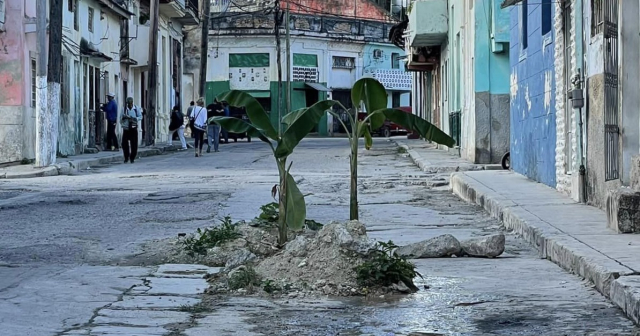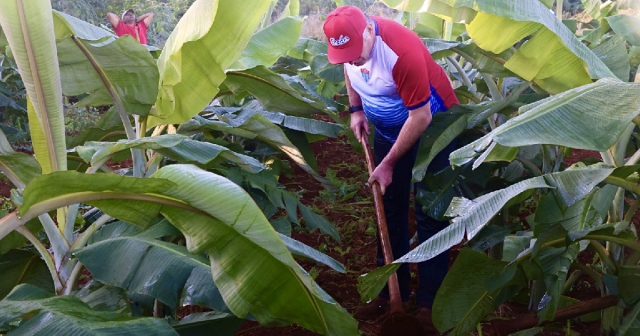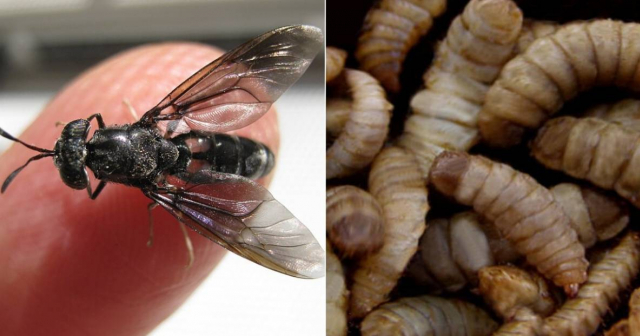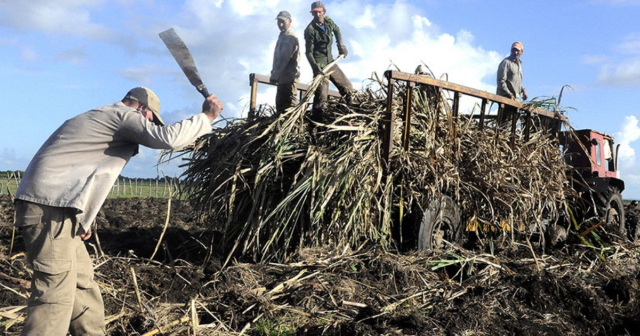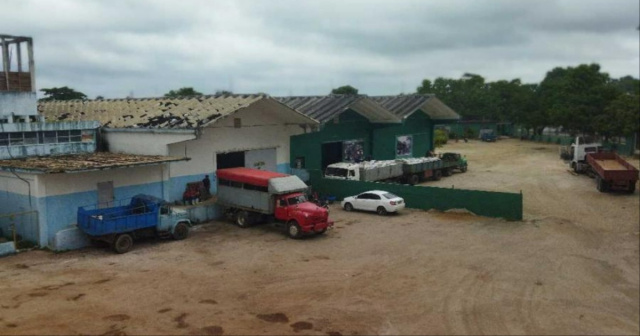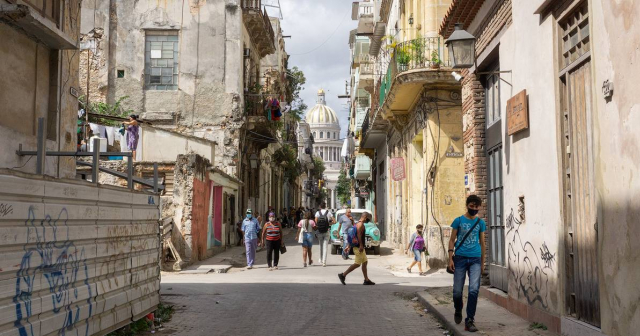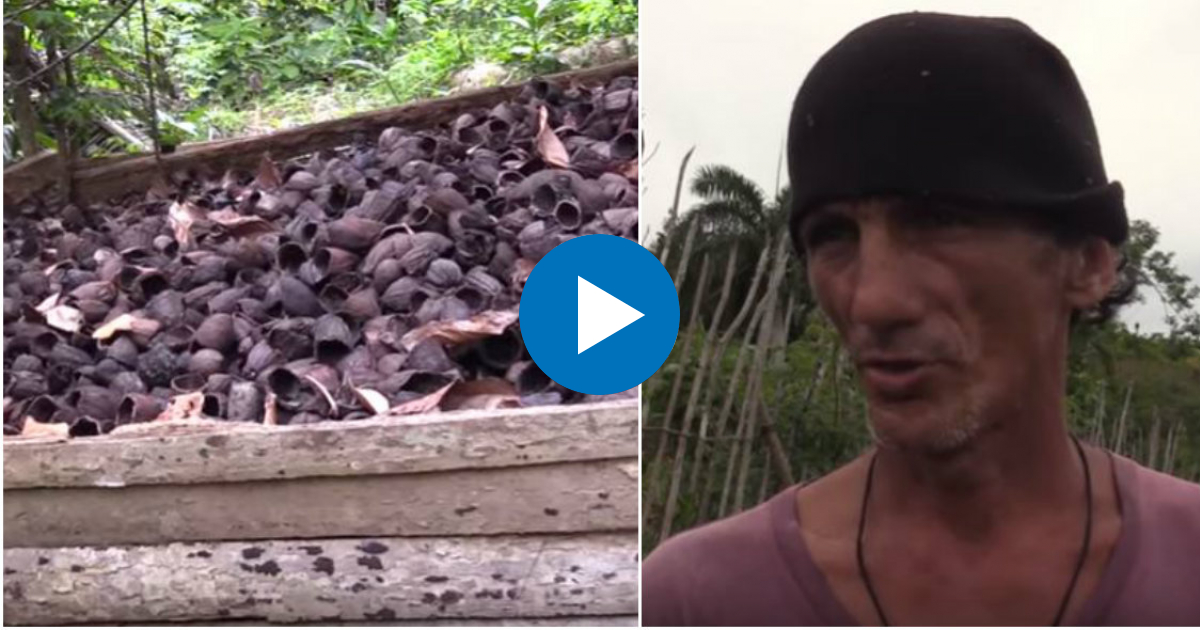
Peasants from Baracoa, producers mainly of cocoa and coconut, complain about the insufficient help they have received from the Cuban Government to rebuild their farms after the passage. Hurricane Matthew, in October 2016.
“The cyclone destroyed it and I have not been able to rebuild the farm because they do not give me work materials or anything like that,” declares one of the farmers interviewed in this report by Palenque Vision for Cubanet.
Those who have resorted to bank loans describe them as “insufficient” and a double-edged sword, because it forces them to pay interest that can put them in jail if they cannot afford it.
One of the farmers who used the BANDEC credit assures that “it was of no use to him” and that he did not receive any type of specialized attention.
On the other hand, those who have received some work material consider that what they have delivered is very little.
“They gave me a machete, a file and an axe,” explains one of the farmers, who acknowledges that it was sold to them at a low price, but argues that this is not enough to build a farm that has been completely destroyed by a cyclone.
According to the testimony of the farmers interviewed, there are many farmers who almost three years later have not been able to recover from the disaster caused to their farms by the passage of Hurricane Matthew.
In full shortage of basic foods in Cuba and regulatory measures In May of this year the official media Cubadebate recognized that Agriculture on the Island still does not make the most of its lands.
"The lands that have good or very good yields are only 33% of the agricultural land," researcher José Luis Rodríguez then told the aforementioned media, and added that 67% needs an extra investment in fertilizers or pesticides for production. be favorable, in addition to water.
Cuba continues without producing the food necessary to reduce the more than 2 billion dollars annually it spends on imports. Nor can it cope with an increase in exports in many of the items that have been traditional in the country.
As pointed out Cubadebate, improving the productivity of Cuban lands could reduce the purchase of products from other countries by between 600 and 800 million.
The Island has about 11 million hectares of land available, of which 6 million are for crops and livestock. However, the measures taken to increase the effectiveness of the peasantry have not had the expected results.
Nor the delivery of idle land, the decentralization of agricultural marketing or the permission of direct sales to hotels have improved the results of farmers, mostly organized in cooperatives. The agricultural sector contributes only 3.6% to Cuba's Gross Domestic Product (GDP).
This May 17, the 60th anniversary of the signing of the Agrarian Reform Law, with which they expropriated lands in Cuba from those who owned more than 400 hectares.
However, six decades later, land workers face major problems, including the lack of inputs necessary to increase the production of their lands.
Farmers were left out of the announcement, in April, of a wholesale market for the self-employed in Cuba.
What do you think?
COMMENTFiled in:


